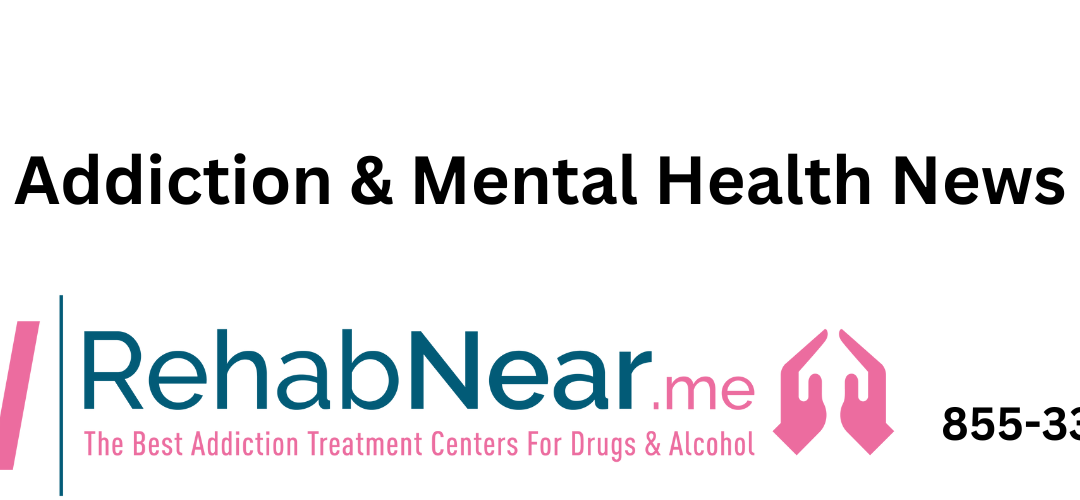Mental health issues during pregnancy or the first year of parenthood have a much greater chance of getting detected and treated now than just over a decade ago, a trio of new studies suggests.
But the rise in diagnosis and care hasn’t happened equally across different groups and states, leaving some pregnant or postpartum individuals more likely to suffer through treatable symptoms that can put themselves and their newborn at risk.
In general, the studies show rises in diagnoses of anxiety, depression and post-traumatic stress disorder during pregnancy and the first year after giving birth in Americans with private insurance from 2008 to 2020. Treatment – both with psychotherapy and medications – also rose in this population.
The findings, published in three papers in the April issue of the journal Health Affairs, come from a team at the University of Michigan who study mental health in the perinatal period.
Their analysis groups multiple conditions diagnosed during this period under the label PMAD, short for perinatal mood and anxiety disorders. In general, PMAD includes depressive and anxiety disorders that occur any time during pregnancy and the postpartum year.








